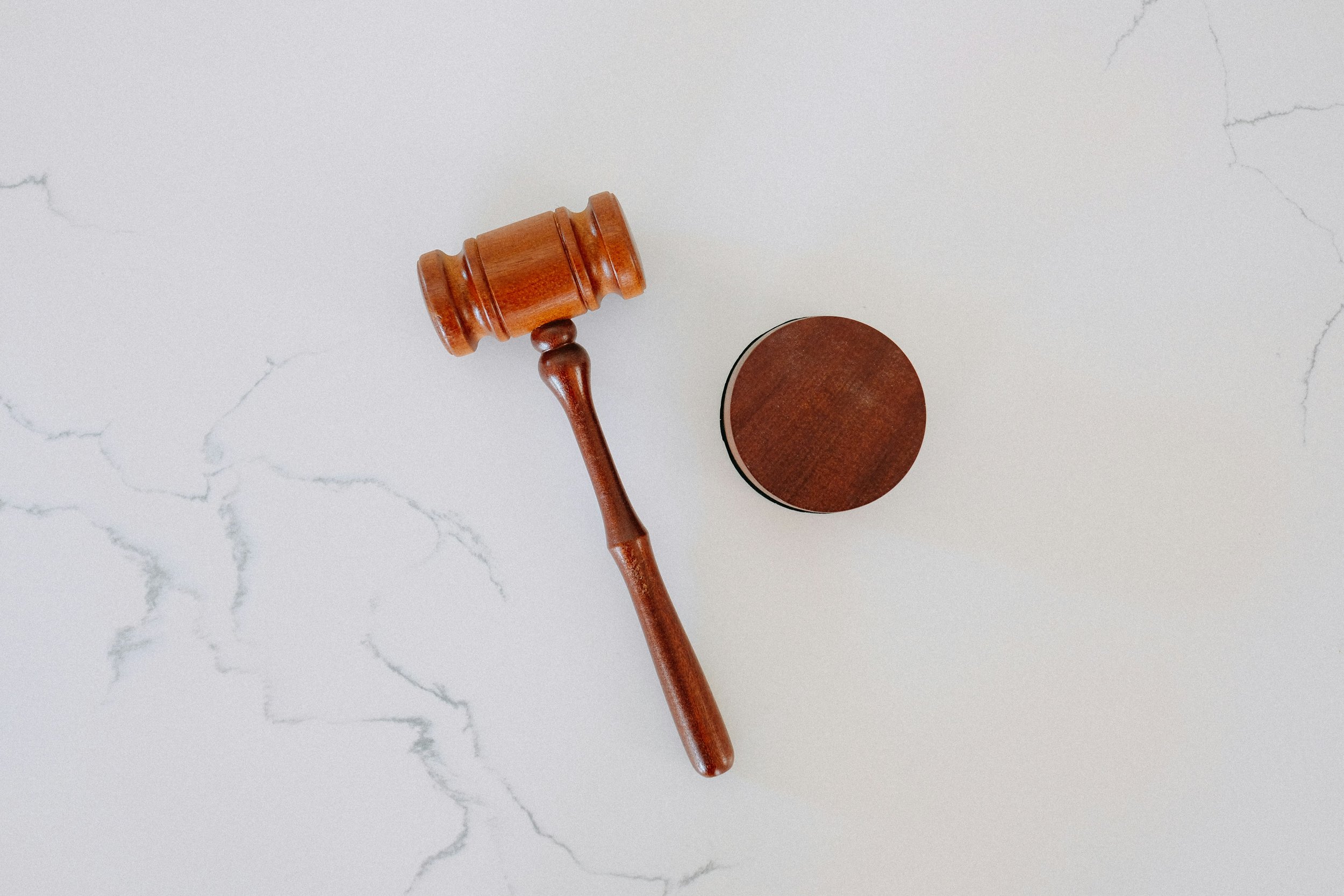Patent litigation often plays an important role in association with protecting intellectual property. When deployed, founders, companies and inventors can utilize litigation as a mechanism to safeguard inventions and market position.
However, the path to successful patent litigation is often intricate. It involves various stages, and each stage requires strategic planning and execution. Choosing the right law firm can significantly influence the outcome of your case. It always is advisable to engage a patent attorney early if you believe that one of your patents has been infringed. The best patent law firms bring expertise, experience, and a proven track record, like Schell IP in Boulder, Colorado.
Keep reading to learn more about patent litigation and how an experienced patent attorney can help.
Understanding Patent Litigation
Patent litigation is a legal process that arises when a patent is infringed, meaning someone made, used, sold, or imported a patented invention without the patent holder’s consent or permission. It’s a mechanism that allows patent holders to enforce their rights to exclusive use of the patent.
The litigation process is complex and multifaceted. It involves several stages, each with its own set of challenges and requirements. Additionally, patent litigation requires professional legal representation, so working with a patent attorney to assist is mandatory.
When deployed properly, patent litigation protects innovation, fosters fair competition, and promotes economic growth.
Key Stages of Patent Litigation
Patent litigation is a complex process. It involves several stages, each with its own set of challenges and strategies.
- Pre-filing investigation: This is where the patent holder investigates potential infringement and assesses the strength of their case. It’s a crucial step in determining whether to proceed with litigation. During this stage, we always recommend consulting a patent attorney, like Schell IP, for a professional opinion on the infringement and strength of the case.
- Pleadings: In the pleadings phase, the plaintiff (i.e. the patent holder whose patent was infringed upon) files a complaint, and the defendant responds. The complaint outlines the alleged infringement, while the response typically denies the allegations. Pleadings are typically filed in concert with a firm that practices in a court having jurisdiction where the defendant in a patent litigation suit is located.
- Discovery: If a case proceeds to discovery, the parties exchange information relevant to the case. This can include documents, witness testimonies, and expert reports. During this phase, your lawyer will help you collect all the necessary information to present.
- Pre-trial: In the pre-trial phase, both parties prepare for trial by finalizing their arguments and evidence. They may also file motions to resolve certain issues before trial or reach a settlement to prevent the case from going to trial altogether.
- Trial: If the case is not settled, this is the stage where the case is presented before a judge or jury. Both parties present their arguments, evidence, and witness testimonies.
- Post-trial: This stage involves any appeals and enforcement of the judgment. It’s also where parties may negotiate settlements or licensing agreements.
As a represented party, developing an understanding of each of these stages helps in formulating effective litigation strategies and navigating the legal landscape.
Patent Litigation vs Prosecution: What’s the Difference?
Patent litigation and patent prosecution are two distinct aspects of patent law. They serve different purposes and involve different processes.
Patent prosecution is the process of obtaining a patent from the United States Patent and Trademark Office (USPTO). It involves drafting and filing a patent application, responding to examiner’s rejections, and eventually obtaining a patent grant.
On the other hand, patent litigation is a legal process that occurs after a patent has been granted. It involves enforcing the patent rights in court, usually in response to alleged infringement.
In simple terms, prosecution is about obtaining a patent, while litigation is about enforcing it. Understanding the difference between these two is crucial for anyone involved in the patent process.
However, patent attorneys play integral roles in both patent prosecution and patent litigation. Patent attorneys can help draft compelling and strong patent applications for the prosecution process. Additionally, patent attorneys aid the litigation process as they often play an important role in a patent holder’s legal representation.
Developing Effective Patent Litigation Strategies
Developing effective patent litigation strategies with an experienced patent firm is crucial for both plaintiffs and defendants. These strategies can significantly influence the outcome of a case.
For plaintiffs, the strategy often revolves around proving infringement. This involves presenting clear and convincing evidence that the defendant conducted activities (selling, making, using, etc.) that infringe on the patent holder’s rights. Plaintiffs also must prepare to defend their patents in inter partes review proceedings before the Patent Trial and Appeals Board (PTAB), where their patents may be challenged.
For defendants, the strategy may involve challenging the validity of the patent before the PTAB. Alternatively (and usually after the PTAB proceedings conclude), they may argue non-infringement.
For Plaintiffs
For plaintiffs, choosing the right jurisdiction (district or city) is a key strategy. Some jurisdictions, especially those in Texas, are understood to be more plaintiff-friendly.
Crafting a clear narrative is also important. This involves explaining the technology and the infringement in a way that is easy to understand, along with the impact or damage the infringement had on the patent holder or patent holder’s business. A patent lawyer will help you shape this story in a compelling way.
Finally, plaintiffs should consider the potential for settlement. This can often be a more cost-effective solution than going to trial.
For Defendants
For defendants, a near-universal strategy is to challenge the patent’s validity. This can involve presenting prior art that predates the patent, showing the patent is not novel.
Another strategy is to assert non-infringement. This involves showing that the product, process, or activity does not infringe on the patent.
Finally, defendants should also consider the potential for settlement. Like plaintiffs, they may find this to be a more cost-effective solution.
Choosing the Best Patent Litigation Law Firms
Selecting the right law firm is a crucial part of patent litigation. The best firms have a deep understanding of patent law and extensive experience in litigation.
Look for firms with a proven track record in patent infringement cases. They should have a history of successful outcomes for their clients. Schell IP – located in Denver, Colorado – has represented hundreds of clients on thousands of matters related to intellectual property.
Also, consider the firm’s technical expertise. A firm that understands your technology can better represent your interests in court. The team at Schell IP has significant experience working to protect technologies relevant to mechanical engineering, biotech, and medical devices.

The Financial and Business Impact of Patent Litigation
Patent litigation can have a significant financial impact. The cost of litigation can be high, and potential damages can be substantial. It is the responsibility of the patent holder to enforce the patent and, often, financial impact can play a major role in this decision.
Beyond the financial cost, patent litigation can also affect a company’s operations. It can divert resources away from business activities and into legal defense.
Moreover, the outcome of patent litigation can shape a company’s market position. A successful defense can strengthen a company’s standing, while a loss can weaken it.
The Path Forward in Patent Litigation
Navigating the complexities of patent litigation requires a deep understanding of the process and strategies. This is why we always advise consulting a patent firm like Schell IP to support your IP strategy and advise in the patent litigation process. Book a free consultation today.


